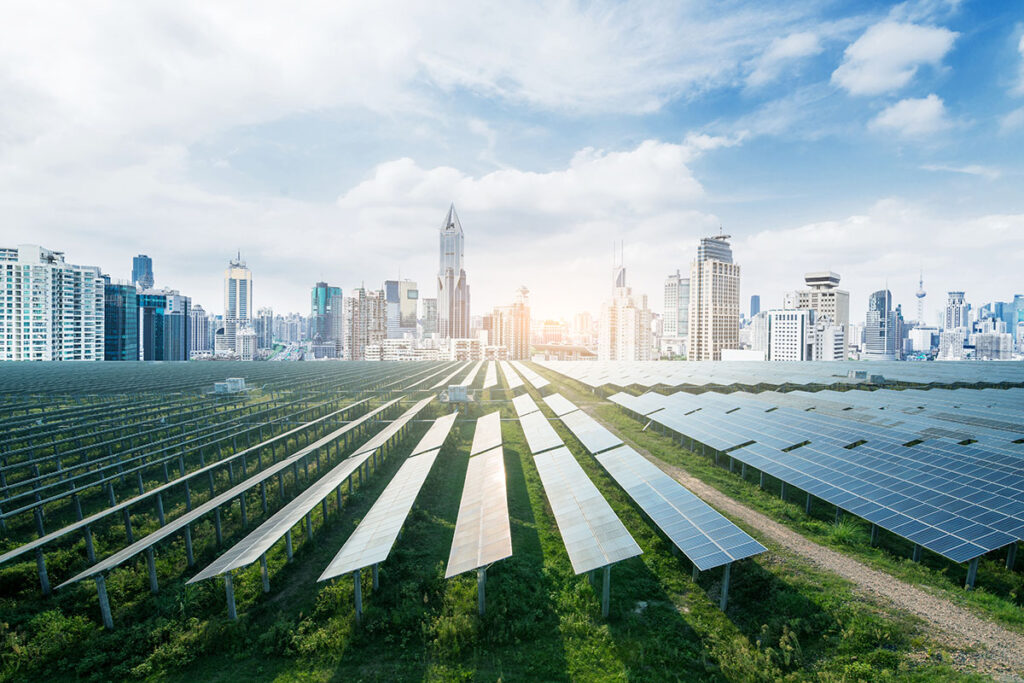
Chinese firms have invested over $100 billion in overseas clean energy technology projects since 2023, according to research from Australian group Climate Energy Finance (CEF). The substantial investments aim to circumvent growing tariff barriers, particularly from the U.S., Canada, and the European Union, targeting products such as electric vehicles, solar panels, and lithium batteries. China’s role as the world’s largest producer and exporter of clean energy products has drawn both attention and concern, particularly over its potential to flood global markets with surplus products, pushing prices down and undermining competition.
China currently accounts for 32.5% of global electric vehicle exports, 24.1% of lithium battery exports, and an overwhelming 78.1% of solar panel production, according to the CEF report. This dominance has triggered protective measures in key markets. The U.S. and Canada have imposed 100% tariffs on Chinese electric vehicles, while the European Union is poised to vote on similar measures. Additionally, Chinese solar panels and lithium batteries face U.S. tariffs of 50% and 25%, respectively.
CEF analyst Xuyang Dong, who co-authored the report, pointed out that Chinese companies are increasingly investing overseas to bypass these trade barriers. BYD, China’s leading electric vehicle manufacturer, is building a $1 billion plant in Turkey to avoid a potential 40% EU tariff, while battery giant CATL is expanding operations in Germany, Hungary, and other locations to secure access to the European market.
Despite these efforts, concerns about China’s excess production capacity persist. A separate report by Britain’s Grantham Institute predicts that by 2030, two-thirds of China’s clean technology production will be surplus to domestic demand, requiring export markets to absorb the excess. Solar production capacity alone is expected to reach 860 gigawatts by the end of the decade.
China has voiced strong opposition to the growing tariffs. Chinese climate envoy Liu Zhenmin warned earlier this year that moves to decouple from China’s manufacturing supply chains could raise the cost of global energy transition by 20%. Furthermore, China has argued that restrictions on its low-cost imports could slow international efforts to address climate change.
Featured Image courtesy of Discover Cleantech
Follow us for more updates on China’s investments.
